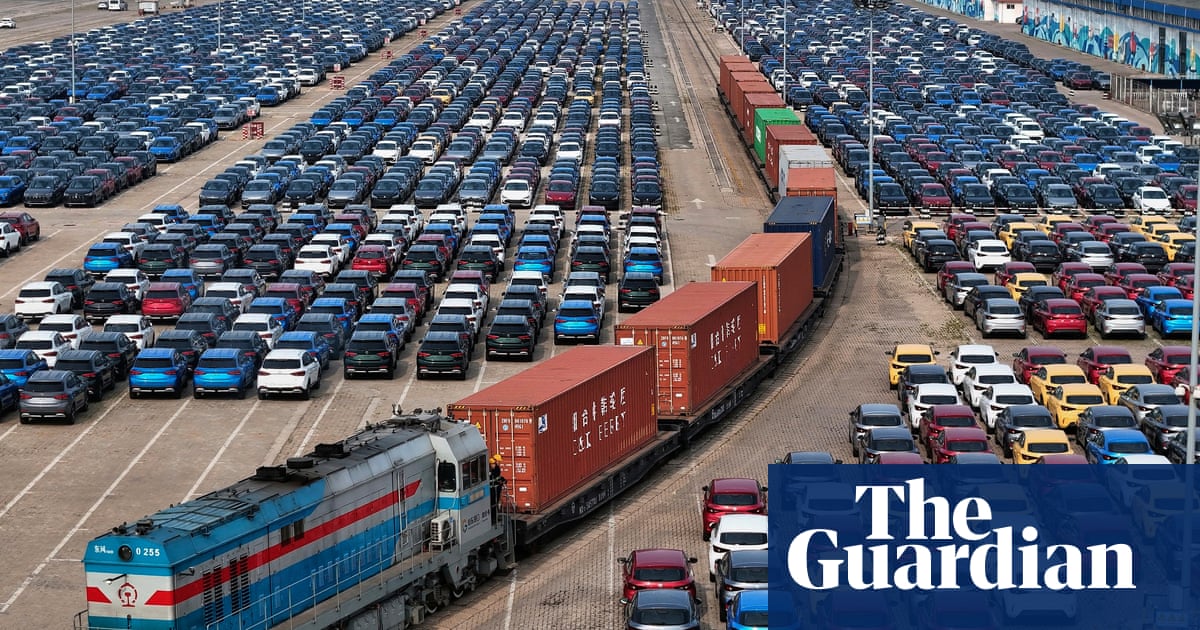Chinese trade with the United States slumped in April even as its total exports beat forecasts, official figures show, as trade representatives from both nations prepared to meet this weekend in the midst of a gruelling trade war between the superpower rivals.
Exports to the United States – one of China’s top trading partners – fell 17.6% in April, data showed. Against that backdrop, analysts polled by Bloomberg had expected exports to rise just 2% year-on-year last month. However they beat expectations, coming in at 8.1%.
“The damage of the US tariffs has not shown up in the trade data in April,” Zhiwei Zhang, president and chief economist at Pinpoint Asset Management, said in a note.
“This may be partly due to transshipment through other countries, and partly because of trade contracts that were signed before the tariffs were announced,” he added.
“I expect trade data will weaken in the next few months gradually.”
Trade between the world’s two largest economies has slowedconsiderably since US presidentDonald Trump imposed various rounds of tariffson China. Levies on many Chinese products now reach as high as 145% – with cumulative duties on some goods soaring to a staggering 245%.
Beijing has responded with 125% tariffs on imports of US goods, along with other measures targeting American firms.
US treasury secretary Scott Bessent and trade representative Jamieson Greer are set to meet Chinese vice premier He Lifeng in Switzerland on Saturday and Sunday, markingthe first talks between the superpowerssince Trump unveiled his tariffs.
On Thursday, Britain became the first toannounce a deal with the USthat reduces tariffs on British cars and lifts them on steel and aluminium, while in return Britain will open up markets to US beef and other farm products.
But analysts said traders were more excited about the Republican leader’s comments on the upcoming talks with China in which he hinted at an easing of the stiff measures aimed at the world’s number two economy.
Trump told reporters that he thought the negotiations would be “substantive” and when asked if reducing the levies was a possibility, he said “it could be”.
“We’re going to see. Right now you can’t get any higher. It’s at 145% so we know it’s coming down. I think we’re going to have a very good relationship.”
Speaking on Friday, deputy foreign minister, Hua Chunying, said China had full confidence in its ability to manage US trade issues.
“We have no fear,” Hua told reporters, adding that the trade policy of the US administration could be sustained.
“We do not want any kind of war with any country. But we have to face up to the reality. As you can see, people have full confidence in our capability to overcome all the difficulties … Ordinary people in the US already feelsuffering from the tariff war.”
April’s economic data also showed that China’s imports also beat expectations, dropping 0.2%, compared with the 6% slide analysts had estimated. Purchases from overseas were also being closely watched as a key gauge of consumer demand in China, which has remained sluggish.
With Reuters and Agence France-Presse
